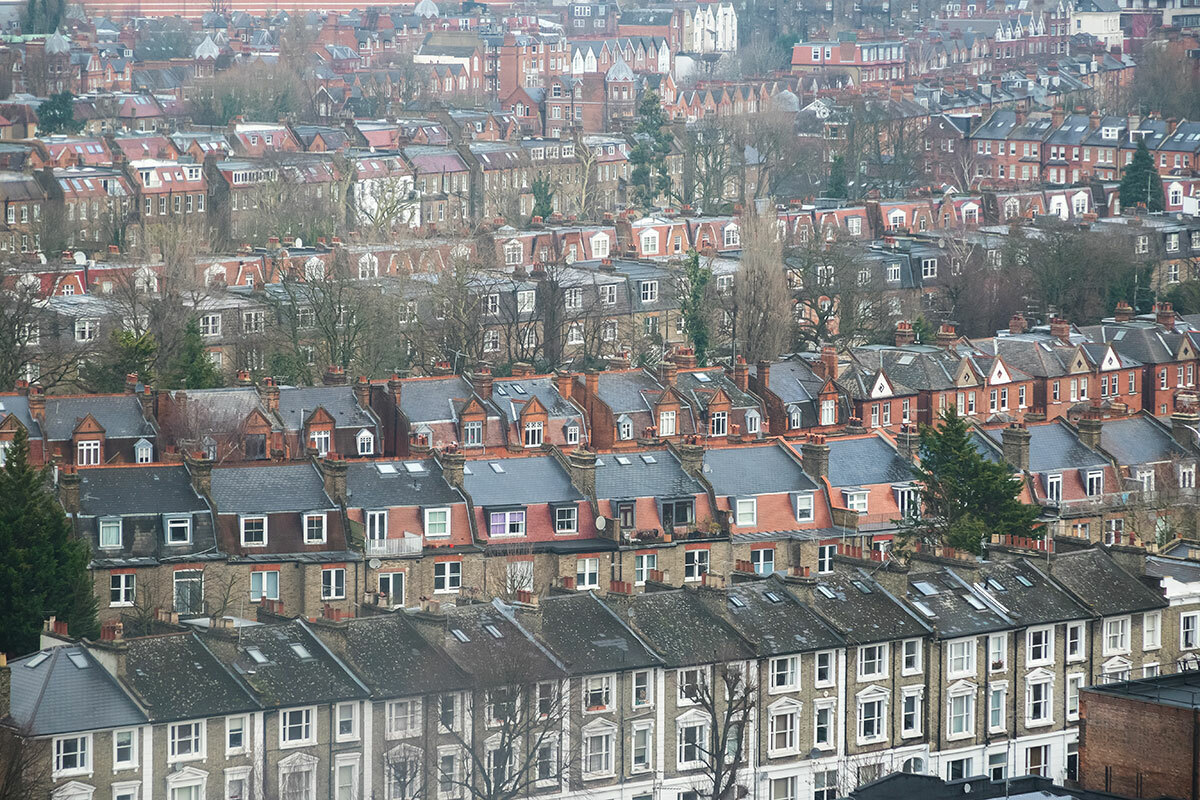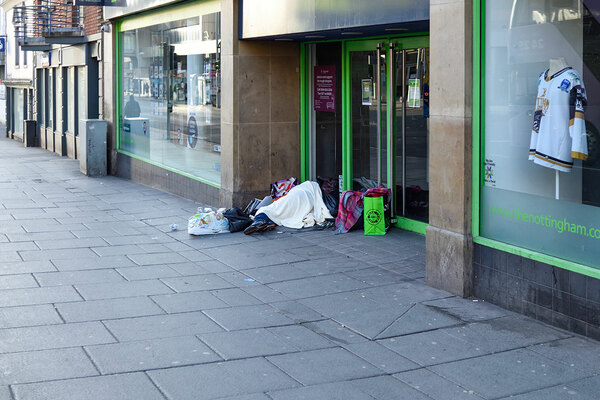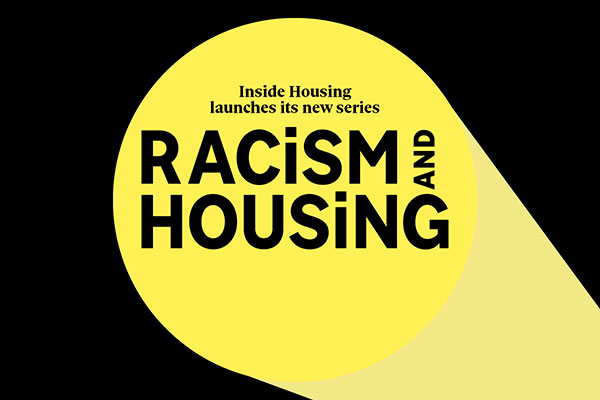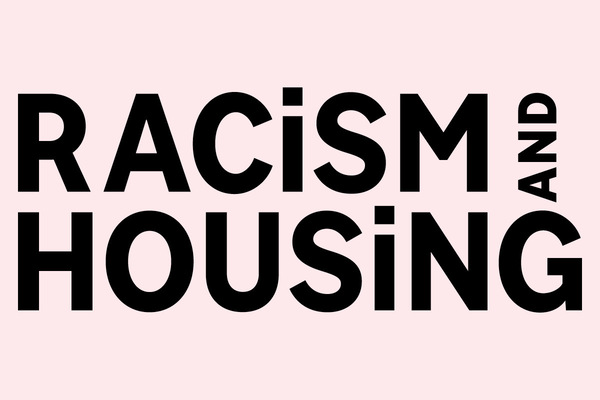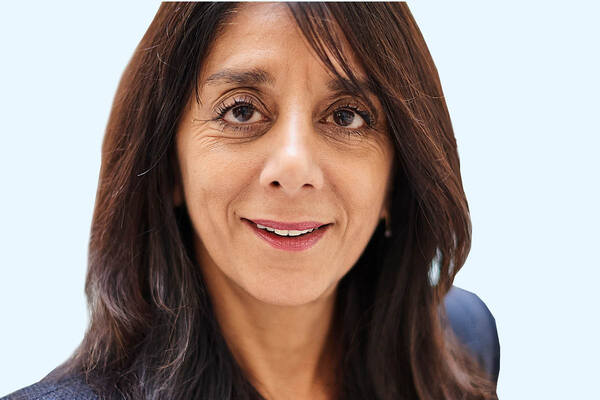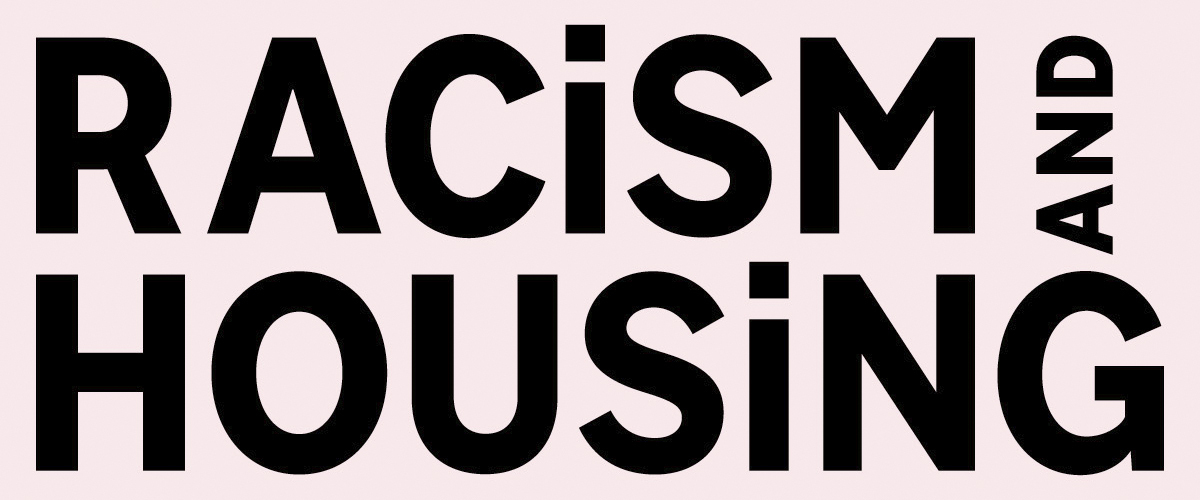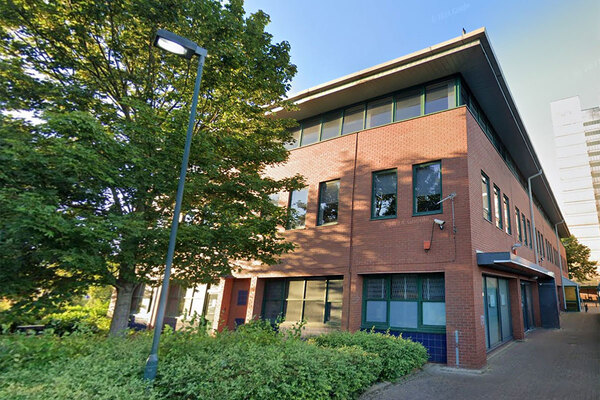You are viewing 1 of your 1 free articles
Black people 70% more likely to be impacted by housing crisis than white people
Black Britons are 70% more likely to be affected by the country’s housing crisis compared with white people, new research has found.
A major report by housing charity Shelter found that Black and Asian people are more likely to experience unaffordable, unfit or unstable living conditions.
Polling of 13,000 Britons found that Black people are 70% more likely to be impacted by the housing emergency than white people, while Asian people are 50% more likely to be affected.
In total, one million Black adults (57%) and 1.8 million Asian adults (48%) do not have a safe or secure home compared with white adults.
The findings come as Inside Housing launches its new Racism and Housing campaign, which will examine the link between race and housing.
Overall, Shelter’s research found that one in three British adults (34%) are now impacted by the housing emergency. When children are factored into the results, the number of people affected rises to 22 million.
Other groups that are disproportionately affected by the housing crisis include people with significant disabilities, single mothers, low-income households and members of the LGBTQ+ community:
- Disability: 54% of people with a significant disability (1.8 million adults) do not have a safe or secure home, compared with 30% of people without a disability
- Single mothers: 65% of single mothers (one million adults) do not have a safe or secure home, compared with 37% of two-parent households
- Socio-economic status: low-income households on less than £20k a year are 70% more likely to be impacted than households earning £40k to £45k a year. (4.7 million adults on a low-income do not have a safe or secure home)
- Sexuality: 40% of gay or lesbian (287,000) and 49% of bisexual people (201,000) are affected by the housing emergency, compared with 32% of heterosexual people.
The biggest issues people face in their homes are damp, mould and condensation, with 11.8 million people (23%) experiencing these issues.
Unaffordability and insecurity are two other key issues. Four million people (8%) said they have to cut back on essential items, such as food and heating, to pay for their housing costs. The same proportion of people said they are worried about losing or being asked to leave their current home.
Polly Neate, chief executive of Shelter, said: “Decades of neglect have left Britain’s housing system on its knees. A safe home is everything, yet millions don’t have one. Lives are being ruined by benefit cuts, blatant discrimination and the total failure to build social homes.
“Shelter believes a safe home is a human right, but the pain and desperation our frontline staff see every day shows this is still a long way off.”
A Ministry of Housing, Communities and Local Government spokesperson said: “It is unacceptable for people to live in unsafe accommodation and that is why we have given councils stronger tools to crack down on rogue landlords, including fines of up to £30,000 and banning orders.”
“We’ve also announced major reforms to support tenants, including our Charter for Social Housing Residents, that will provide greater redress for residents, better regulation and improve the quality of homes.”
“We’re providing over £750 million this year alone to tackle homelessness and rough sleeping and are investing over £12 billion in affordable housing.”
Update at 14:00, 26.05.21: story edited to include government response
Sign up for our tenancy management newsletter
Already have an account? Click here to manage your newsletters
Racism and Housing series
Inside Housing’s Racism and Housing series aims to investigate how race inequality and racism interact with and impact on housing – for tenants, for staff working in housing, and for organisations. It has been launched a year since George Floyd’s murder prompted a huge global wave of Black Lives Matter activism.
We will be publishing monthly investigations that look at racism, race and housing, both in terms of what is going wrong, and what actions that sector is taking to address this.
If you have an idea for a story relating to this campaign, please contact deputy editor (features) Jess McCabe, at jess.mccabe@insidehousing.co.uk.
The stories published so far include:
‘We had to abandon everything’: the story of Chan Kataria and the flight of the Ugandan Asians
Race and the cost of living crisis: the impact on social housing tenants
How to create an inclusive housing association: a conversation with Bal Kang
How Cardiff landlords are tackling under-representation
Why has diversity progress stalled?
How racism impacts homeless people
How planning is failing to address race inequality in housing
Race and allocation: who are the new tenants getting social housing, and is it equitable?
How to increase representation of ethnic minorities in senior roles
How race impacts on people’s likelihood of living in a damp home or experiencing fuel poverty
